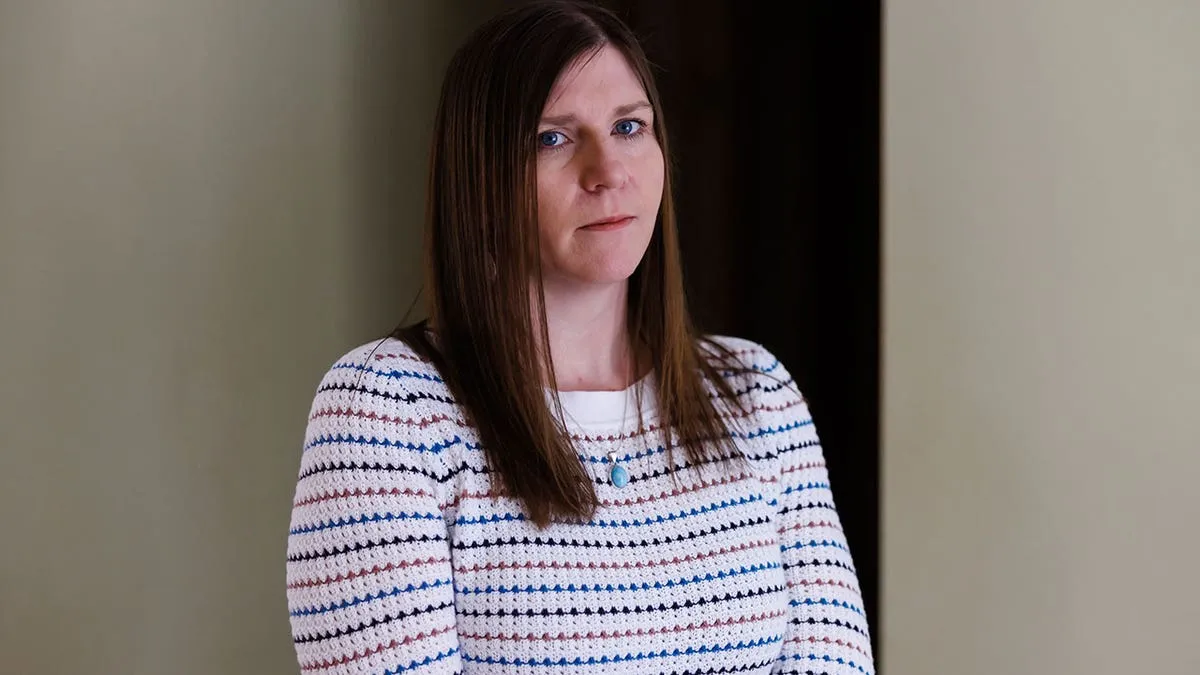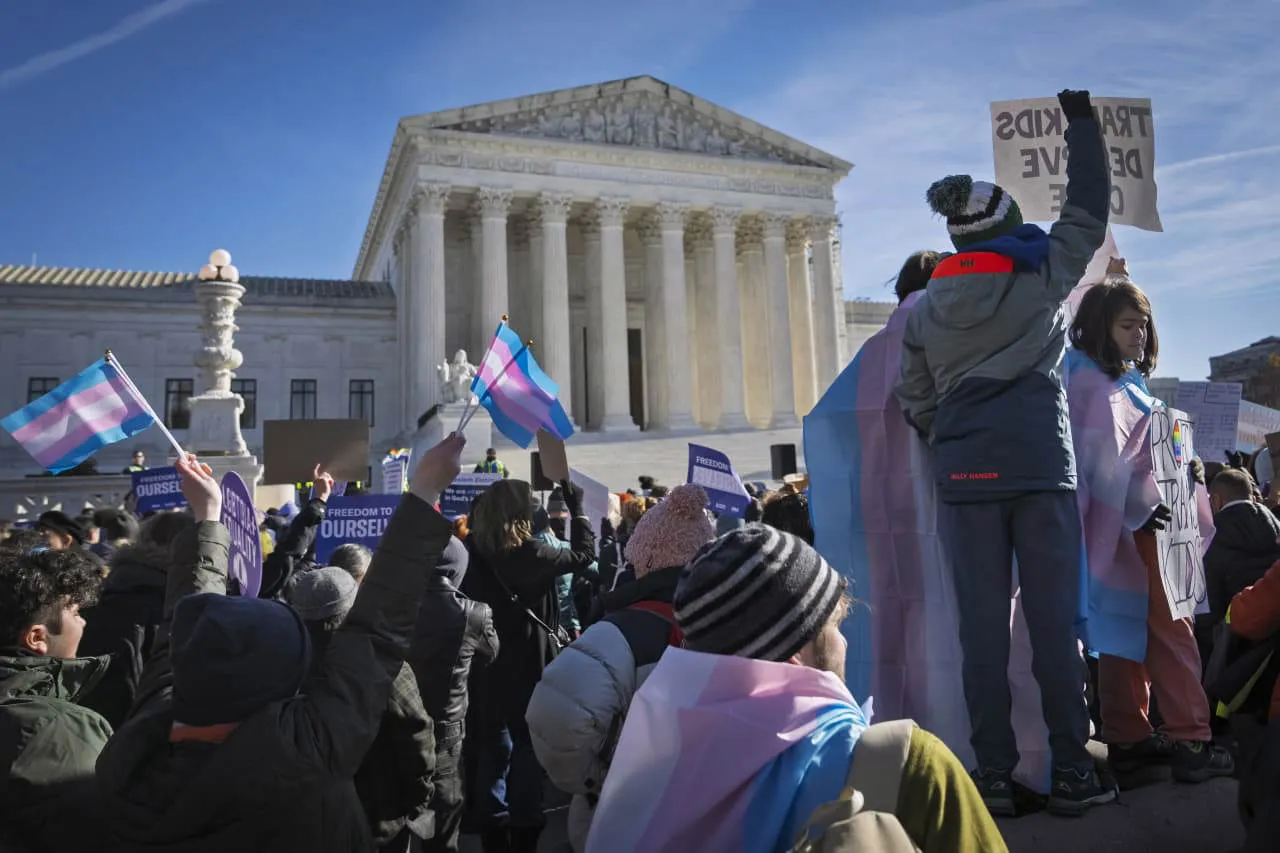Maine mom's child's gender ordeal cries out for Team Trump
It was an ordinary day for Maine parent Amber Lavigne until she found something unexpected in her 13-year-old daughter's room: a chest binder, used to flatten breasts for a more masculine look. When Amber talked with her daughter about it, she learned a male social worker at Great Salt Bay Community School had given this item to her child during a private meeting, showed her how to use it, provided guidance about gender "changes," and told the student to keep it secret from her parents.

As Amber investigated further, she revealed a more disturbing fact: multiple school staff were involved in hiding information. School personnel had been calling her daughter by a different name and using alternative pronouns—essentially starting a "social transition" without Amber's awareness or permission.
Last week, the U.S. Department of Education started an investigation into the Maine Department of Education regarding Maine schools' practices of concealing gender transition details from parents.
Throughout Amber's situation, the school has consistently denied, obscured and refused to share any records about her minor child and the school social worker. To this day, Amber cannot obtain the records she wants about her child from the tax-funded school.

The school board never disciplined anyone involved with either the secret social transitioning of Amber's daughter or the social worker's choice to provide a chest binder. Instead, after the Goldwater Institute (where I work) sued the district for violating Amber's parental rights, the board unanimously approved a contract extension for that same employee.
This issue extends beyond Amber's district. A recent report identified 57 Maine school districts with policies allowing schools to hide from parents whether staff members refer to their children by different genders. Even districts without explicit policies still conceal information from parents and exclude them from their children's education.
The U.S. Department of Education is specifically concerned about how Maine schools might be misusing a state law that permits social workers to establish confidential relationships with students, preventing parents from exercising their right to view education records related to their child's counseling.
This would breach the Family Educational Rights and Privacy Act (FERPA), which safeguards student privacy while guaranteeing parents' right to access their own children's educational records. This is precisely how Great Salt Bay Community used the law. Amber requested all records from her daughter's meetings with the school social worker.
The school's Superintendent Lyndsey Johnston denied the request, citing Maine law. This confirms the department's worries about potential misuse of this statute have already become reality in Amber's situation. Great Salt Bay Community School refused accountability for their actions and criticized Amber for requesting information about her daughter. The superintendent stopped meeting with Amber after deciding not to discipline the social worker, but oddly offered to meet with her child alone—a ridiculous proposal given the school's earlier behavior.
The school board even accused Amber's public statements of causing bomb threats against the school, though public records requests proved they had zero evidence connecting these threats to Amber's case. Amber's legal action against the school for breaching her constitutional parental rights is now awaiting review by the First Circuit. The U.S. Department of Education's inquiry emphasizes the necessity for state-level policies that strengthen parental rights and educational transparency in public schools.



